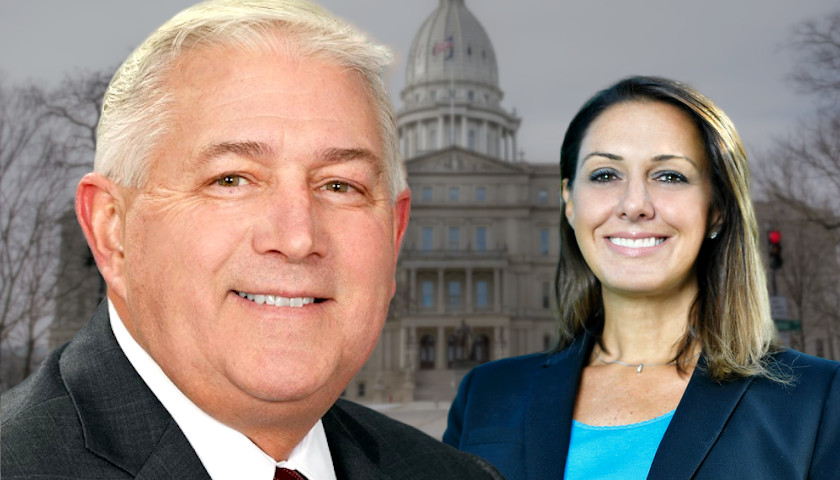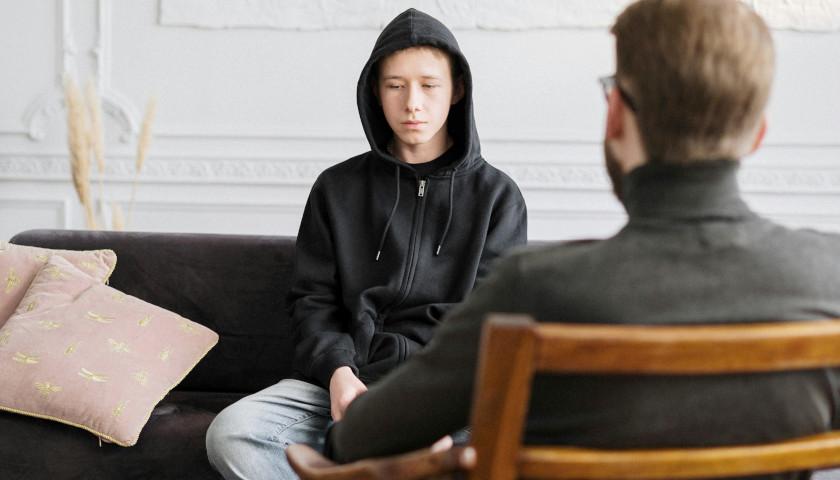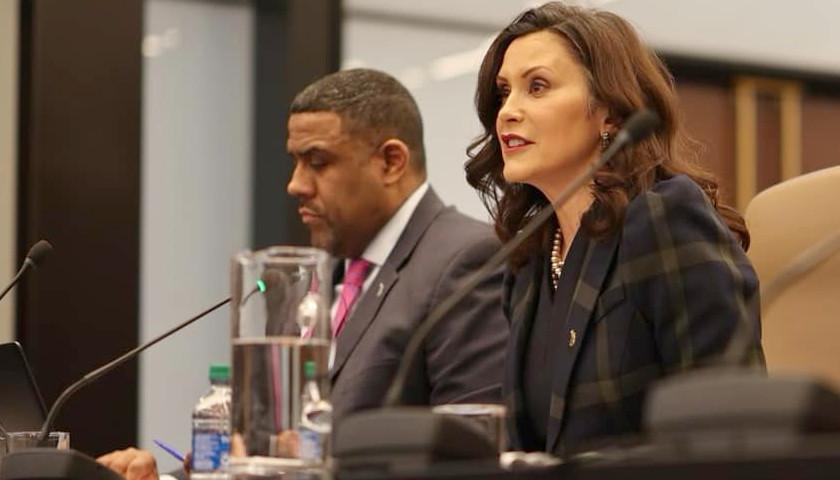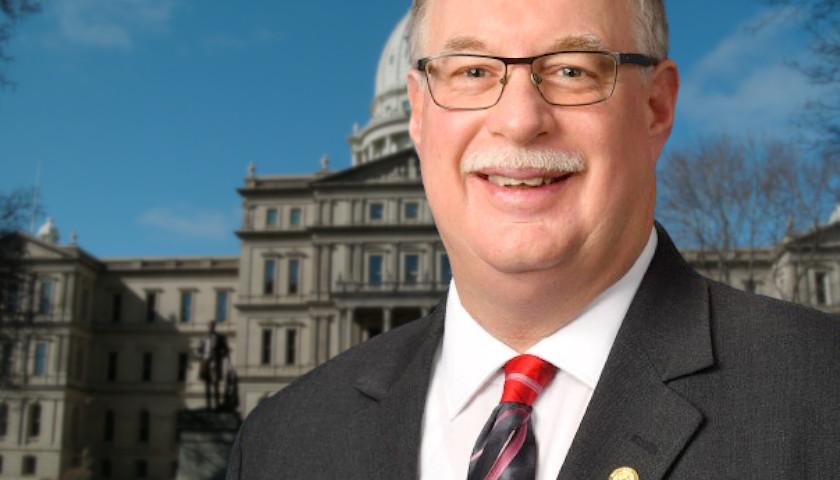by Scott McClallen
The Senate passed two bills by a 22-15 vote Friday that would curb Gov. Gretchen Whitmer’s emergency powers, but she’s vowed a veto.
Tempers flared at the Capitol as parties traded partisan accusations.
Senate Bill 857 aims to repeal Public Act 302 of 1945, which allows the governor to proclaim a state of emergency during times of “great public crisis, disaster, rioting, catastrophe, or similar public emergency.”
SB 858 seeks to amend the Emergency Management Act to shorten the number of days for which the governor can declare an emergency or disaster from 28 to 14, after which the legislature would each have to approve an extension.
Sen. Dayna Polehanki, D-Livonia, said it was “wildly irresponsible” for the Republican majority to call the legislature to Lansing in the middle of a global pandemic to vote on bills that Whitmer said she will reject.
“Stunts and political games – that’s all we’ve seen from Republicans since Gov. Whitmer started being noticed at the national level for her effective leadership,” Senate Minority Leader Jim Ananich, D-Flint, said in a statement.
“Today could not have presented a clearer picture of that contrast,” he continued. “While she announced eased restrictions and a short extension of the ‘Stay Home, Stay Safe’ executive order that appropriately coincides with where we are on the COVID-19 curve, legislative Republicans launched an attack to take away her ability to fight back against the virus and save lives” he said.
Others argued the bills aimed to restore the separation of powers in Michigan’s government.
Sen. Ken Horn, R-Frankenmuth, said that legislators are supposed to represent constituents, but currently can’t under Whitmer’s rule by executive order.
“This is all being taken care of by one person and one person alone,” he said.
“There are governments around this world that vest all the power and authority of government into one person; those aren’t called democracies and aren’t called republics,” Horn said.
Sen. Adam Hollier, D-Detroit, encouraged a “no” vote and recounted stories of people he knows who have battled COVID-19.
About 799 Detroiters have died of COVID-19, one of the heaviest hit cities in the U.S.
Sen. Tom Barrett, R-Charlotte, said his bill “restores the constitutional order to our state and removes any doubt as to the actions allowed by each branch of government.”
Barrett responded to accusations that his party’s action to limit Whitmer’s power was callous while Michiganders were dying.
“We can both grieve for the loss of life and still protect our system of government,” Barrett said. “Those two are not mutually exclusive.”
The House and Senate adopted House Concurrent Resolution 20 to create a 10-member, bipartisan COVID-19 pandemic committee.
The resolution gives the committee subpoena power for state entities.
The committee will submit a report to the legislature of its findings and recommendations for further action to address COVID-19.
House Speaker Lee Chatfield, R-Levering, said that constituents “deserve answers” to concerns over how state officials are handling COVID-19.
“The state’s response must be transparent, and we all have to work together to hold state government to higher standards for its actions and choices,” Chatfield said in a statement.
The legislature met while Whitmer extended her stay-home through May 15, but loosened some restrictions, including prohibiting large stores from selling paint, and bans on operating a motorized boat and traveling between two personal residences.
– – –
Scott McClallen is a staff writer covering Michigan and Minnesota for The Center Square. A graduate of Hillsdale College, his work has appeared on Forbes.com and FEE.org. Previously, he worked as a financial analyst at Pepsi.
Photo “Ken Horn” by Ken Horn. Photo “Dayna Polehanki” by Dayna Polehanki.








